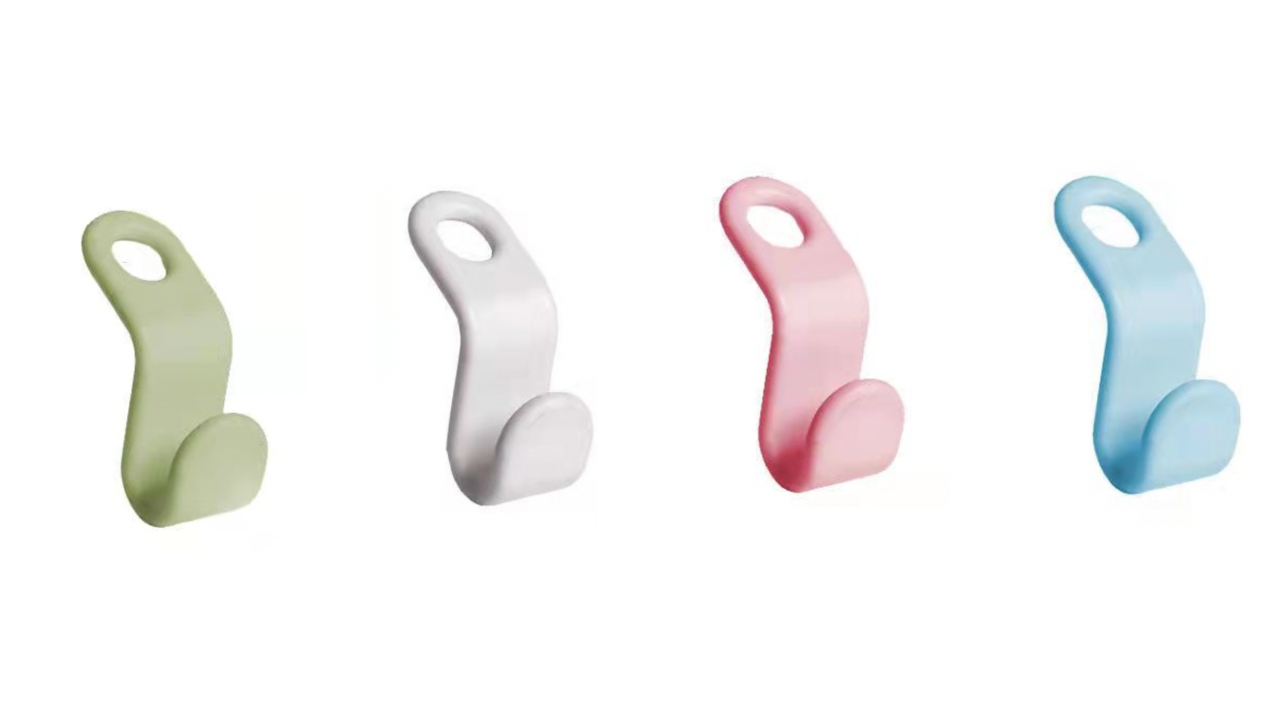Very many people choose running exercise for weight loss / weight loss / fat loss, but also many people say that after reducing to a degree can not drop, some people even weight up. What is the reason? 5 mistakes about using running to lose weight, a piece to look at.
Running mistakes 1: set in stone.
Your body is an amazing machine. Designed for "efficiency", this means that if you do the same thing over and over again, the process will become easier and easier. This also applies to the running thing. Not only will you get better at it (even if you're still sweating and your legs are shaking), your body's metabolism and response will adapt, and you'll burn fewer calories for the same amount of exercise. This is generally referred to as the "steady state" and prevents you from reaching a long-term weight loss program.
A study at the University of Tampa found that steady aerobic exercise, such as running on a treadmill at a fixed speed for 45 minutes, helped with weight loss, but was only effective at first. Subjects lost a few pounds in the first week, then stopped. That's all, why? During the first week, their metabolism had adapted (stabilized).
One of the biggest problems with running at a steady, moderate intensity pace is the limited calorie burn. Once the body has adapted, the benefits are limited. Therefore, for weight loss, weight training is often considered to be more effective than just running. The tiny tears in the muscles that come with weight training can have an impact on metabolism during the repair process.? and the process requires energy, which means you need to burn more calories, and this process usually lasts for almost 2 days or so after you train.
To put it more simply: you run for 30 minutes at low intensity and burn 200 calories; or you eat 200 calories less per day. These two things are the same thing. Weight training (or, sprinting), on the other hand, is different from the above. The burning of calories occurs not only in the moment of carrying out, but also after the exercise. Therefore, just a slight change in the original exercise routine will bring about a huge change in the body.

Running Mistake #2: Running too long, not faster.
The most important variable in any kind of exercise is intensity. If you observe how fast the average person runs, they will choose a pace that will last for a long time. Think about it, when you step on a running less machine, elliptical or flywheel car, you intend to be on it for a period of time, whether it's 30 minutes or an hour, at a pace you can sustain, when the time is up, feel tired, and then go home. Very good endurance exercise, but not very helpful for fat loss.
Suppose the speed on the treadmill is 1 to 10, and now you put yourself on a short sprint at 8 or 9, what happens? You will lose more fat. A study by the University of Western Ontario in the United States, comparing high-intensity exercise with long, low-intensity aerobic exercise. One group performed four to six sets of 30-second sprints, while the other group performed 30 to 60 minutes of aerobic exercise.
The results were surprising, compared to the aerobic group, the sprint group burned more than two times the fat. This is because the sprinting process leads to internal changes in the body that are similar to those that occur during weight training. Your body needs to restore ATP (energy), convert the lactic acid produced during exercise into glucose, and restore blood hormone levels. All of these processes mean that the body has to "work harder" and "burn more fat," things that don't happen in steady-paced aerobic exercise.
Running Mistake #3: Focusing Too Much on Calorie Burn.
One of the most common mistakes in weight loss is to think that most of the calorie burn is from exercise. This is a very dangerous misconception. As long as you are alive, sleeping, standing, eating, thinking, etc. all require enormous amounts of energy. The amount of calories you burn in the gym pales in comparison to your normal daily routine.
Does this mean that there is no need to go to the gym? Of course not. Exercise has many health benefits, and the type of exercise you do will affect how many calories your body burns afterwards. Running will burn calories, but sprinting or weight training will build more muscle. With more muscle on your body, your body will burn more calories.

Running Mistake #4: Not trying other forms of cardio.
If you love speed running, long distance cardio, there's bad news for you, according to a study in the Journal of Muscle Strength and Conditioning: "Endurance running or walking (sustained for long periods of time and at lower intensities) weakens muscle strength and muscle growth. More importantly, even if you increase the intensity and run on an incline, cycling is a better choice for muscle growth and fat burning. Again, this is not to say that running is ineffective or without any benefits, but to talk about the most efficient weight loss strategy.
Running Mistake #5: Running Too Much.
Exercise is part of a healthy lifestyle, there's no denying that, but exercise still puts stress on the body, and that stress affects the body's ability to control the hormones responsible for fat loss. More specifically, when you are exercising, cortisol is released. Not all cortisol is bad, but chronic stress and chronic cortisol will lead to insulin resistance, forcing the body to store belly fat.
In the Journal of Hormone Research, it was found that long distance running leads to a sustained increase in cortisol. And long-term increases in cortisol can lead to more inflammation, slower recovery, muscle tissue breakdown, fat building, and even harm to your immune function. If you suffer from too much stress, whether from exercising too long or not taking in the proper nutrients to recover, you can damage your thyroid, lower your metabolism, and make your weight loss journey more difficult.
If you are doing 1 hour of cardio every day, that is more than enough for fat loss. (Remember, this is not endurance training). If you start running for 2 to 4 hours a day and don't lose weight (or possibly gain weight), you may want to reduce the frequency of running and increase resistance training and see what happens.

Popular Articles
-
How to train your arms more efficiently? 6 moves to help you get a good-looking arm line

-
 Allows you to hang more clothes in your closet
Allows you to hang more clothes in your closetJul 04, 2025
-
 The best drink in autumn Passion fruit lime honey drink
The best drink in autumn Passion fruit lime honey drinkJul 04, 2025
-
 4 effective back training exercises to help you have a more upright posture
4 effective back training exercises to help you have a more upright postureJul 04, 2025
-
 The world's rarest flowers: Ghost orchids
The world's rarest flowers: Ghost orchidsJul 04, 2025
-
 Working out and not working out are two completely different lives.
Working out and not working out are two completely different lives.Jul 04, 2025







Comments
0